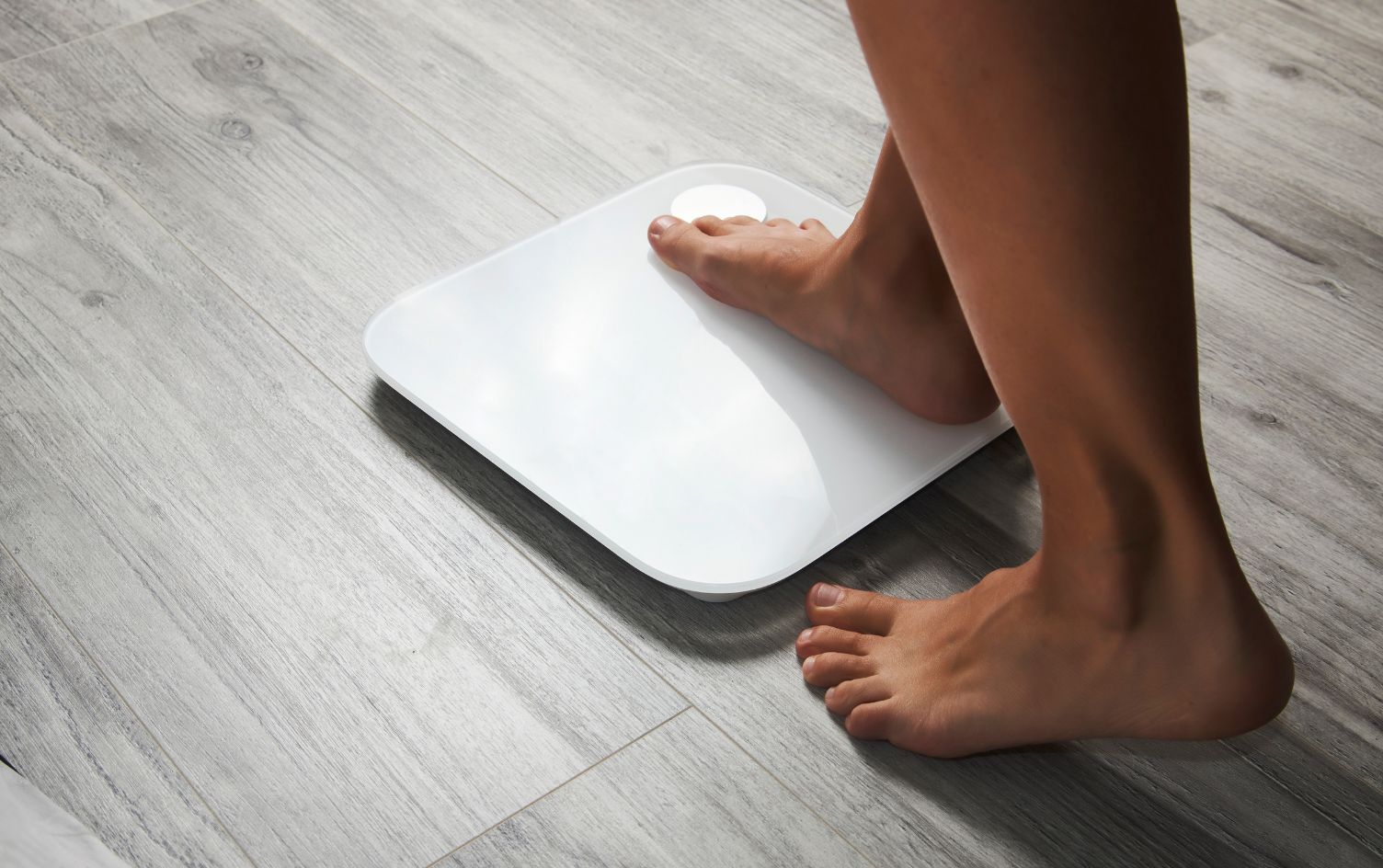If you’ve ever experienced a weight-loss plateau, you know the disappointment of stepping on the scale after another week of eating well and exercising only to see the same exact number as the week before. For days, or sometimes even weeks at a time, your weight may not budge, which can make your efforts to eat well and move more seem, well, like a waste of time.
The truth is, weight-loss plateaus happen to almost everyone trying to lose weight — even those go-getters with plateau prevention plans. In order to overcome one, it’s important first to understand why they occur. Here are three contributing factors that can lead to a stalemate with the scale:
1. WATER WEIGHT LOSS RETURNS
A rapid drop in weight is normal during the first few weeks of weight loss, but what you may not realize is that a fair amount of this initial weight decrease comes from water lost as the body uses up carbohydrate stores in the form of glycogen (sugar). As carbohydrate intake fluctuates day-to-day, it’s not uncommon for some, if not all, of that water weight to return, which can offset fat loss and cause a plateau.
READ MORE > WHAT 1,500 CALORIES LOOKS LIKE [INFOGRAPHIC]
2. YOUR BODY DOESN’T JUST BURN FAT
The downside to losing weight is that your body doesn’t just burn fat for energy — it breaks down muscle, too. Unlike fat, muscles burn calories, so losing muscle will slow the rate at which you use up energy from food. This, of course, impacts weight loss, and is part of the reason why cutting too many calories can work against you because your body will break down muscle at a faster rate. For tips to offset this, learn why protein is good for weight loss and how to optimize your carb, fat and protein goals.
3. WHEN YOU WEIGH LESS, YOU BURN LESS
As a smaller person, you expend less energy moving around than you did at your heavier weight. Thus, the same number of calories that produced an initial loss may now just maintain your current weight. To continue losing, you’ll have to increase the calories you burn through physical activity and/or reduce the number of calories you eat. For up-to-date calorie need estimates, be sure to update your nutrition goals in MyFitnessPal every 5–10 pounds or so.
Remember, it’s completely normal for weight loss to slow or even stall on occasion, so don’t get discouraged. Now that you understand the main causes of weight-loss plateaus, you’ll be able to devise a plan of attack if and when the number on the scale stops dropping.





